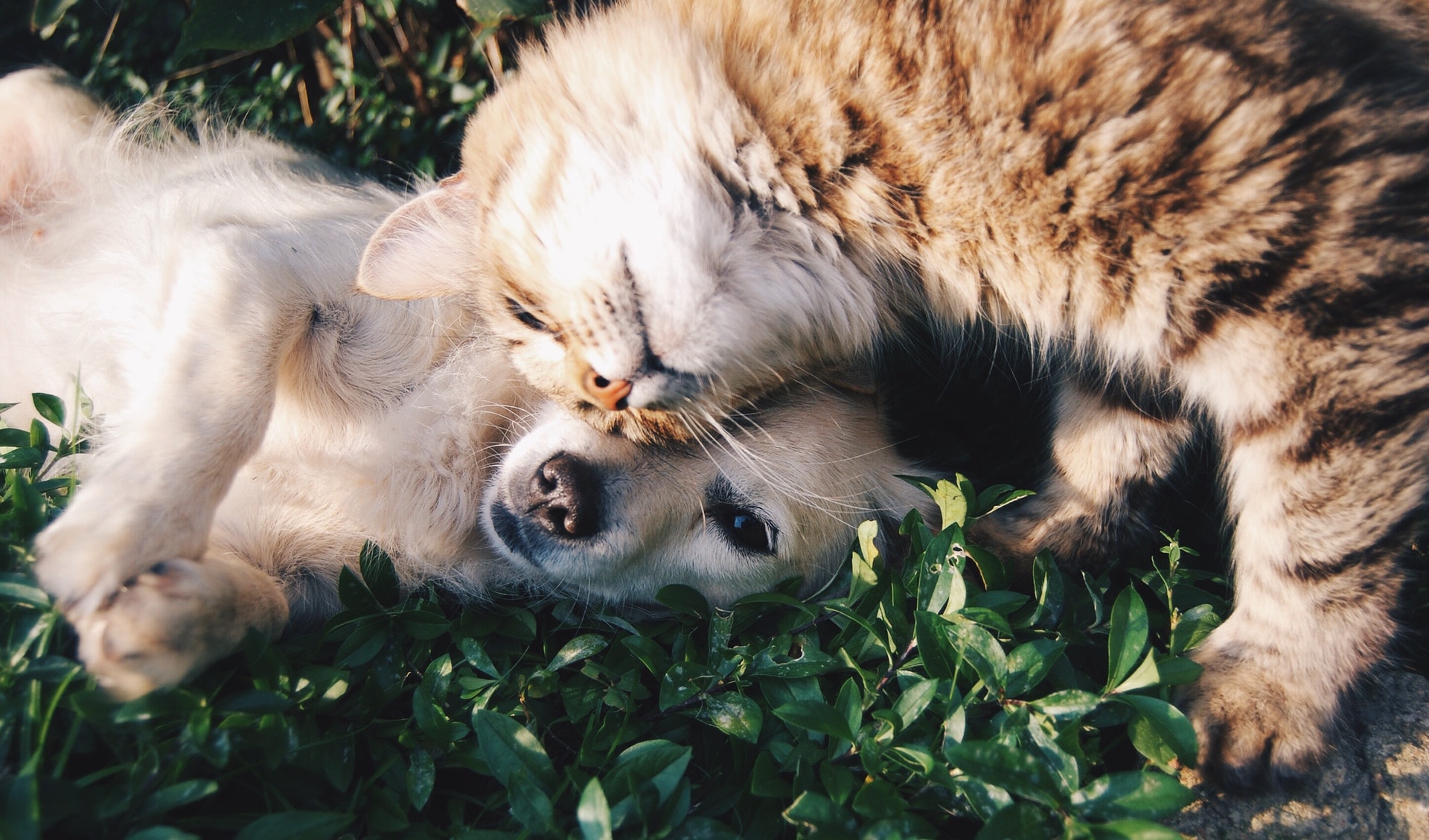While it’s fairly easy to adopt a pet in our home countries, sadly doing so here in Beijing requires more than our innate love for animals. Expect bureaucracy everywhere – from the landlords to the authorities – and that’s only one part of the deal.
I’m an ardent believer that pets are our lifelong family members. That being said, adopting (and not buying, please) a pet is a long-term commitment and should be a major consideration for your plans during your stay in China.
We asked our friends from the International Center for Veterinary Services (ICVS) about their ideas on adopting pets in Beijing and we’ve summarized them in this checklist for you, soon-to-be-loving-and-very-loyal foster parent!

Adopting a pet is a long-term commitment!
– Know that cats can live over 20 years; dogs 15-18+ years; rabbits can live 8-10 years.
– What’s your lifestyle like? Do you always go out at night, or travel over the weekend?
– Consider your outdoor and indoor living space.
– Cats and small dogs? They’re better suited for apartment living.
– Medium and larger dogs? Remember there are regulations and size restrictions, as well as a need for a larger space to run.
Purebreds
– Research first about the breed and consult a veterinarian.
– Important info: temperament, size, exercise needs, and potential breed-specific health concerns.
– Mix-breeds may be healthier and require less inbreeding; they might have fewer breed-specific and congenital issues.

Puppies/kittens vs. adult dogs/cats
– What’s your time commitment for housebreaking, training, exercise, vaccination series, deworming, neutering/spaying?
– Many adults waiting for adoption are usually housebroken, already neutered/spayed, and more settled.
Pet markets
– Common breeds: Pekinese, Pomeranians, Chihuahuas, Bichon Frise, Cocker Spaniels, Beagles, Poodles, Mini Schnauzers, Golden retrievers, Labrador retrievers, Samoyeds, Huskies, Border Collies, Chow-chows.
Adopters, beware of the following:
– Animals sold in pet markets are often prematurely weaned and have weakened immune systems.
– They often have inadequate vaccination, using an improper schedule or ineffective vaccines, so watch out for common infectious diseases, especially kennel cough, parvovirus, distemper virus, parasites (fleas, mange, gastrointestinal worms, giardia).
– Warning signs: overly thin and/or potbellied; discharge from the eyes or nose; sneezing and coughing; thin and/or dull hair coat and hair loss.
– Apparently healthy puppies/kittens should be quarantined for 3 weeks away from other pets in home prior to introductions.
– Post-adoption: veterinary exam, testing for infectious diseases, start vaccination series, stool check
– New kittens/cats should also be feline leukemia virus (FeLV)/feline immunodeficiency virus (FIV) tested
– Neuter/spay the pets after a vaccination series is completed (4-6 months of age)
Taking your pet overseas
– Adopting a pet is a commitment for life. It is not difficult to take pets out of China to most overseas countries, but be prepared to shell out money to do so.
– Proper research and preparation are necessary to ensure a smooth relocation with pets. We’ve written a guide when it’s time to make the big move from Beijing with pets (read it here).

Photo: Oleksandr Pidvalnyi, Ghost Presenter via Pexels; LynetteC via Pixabay; Snapwire via Tumblr
